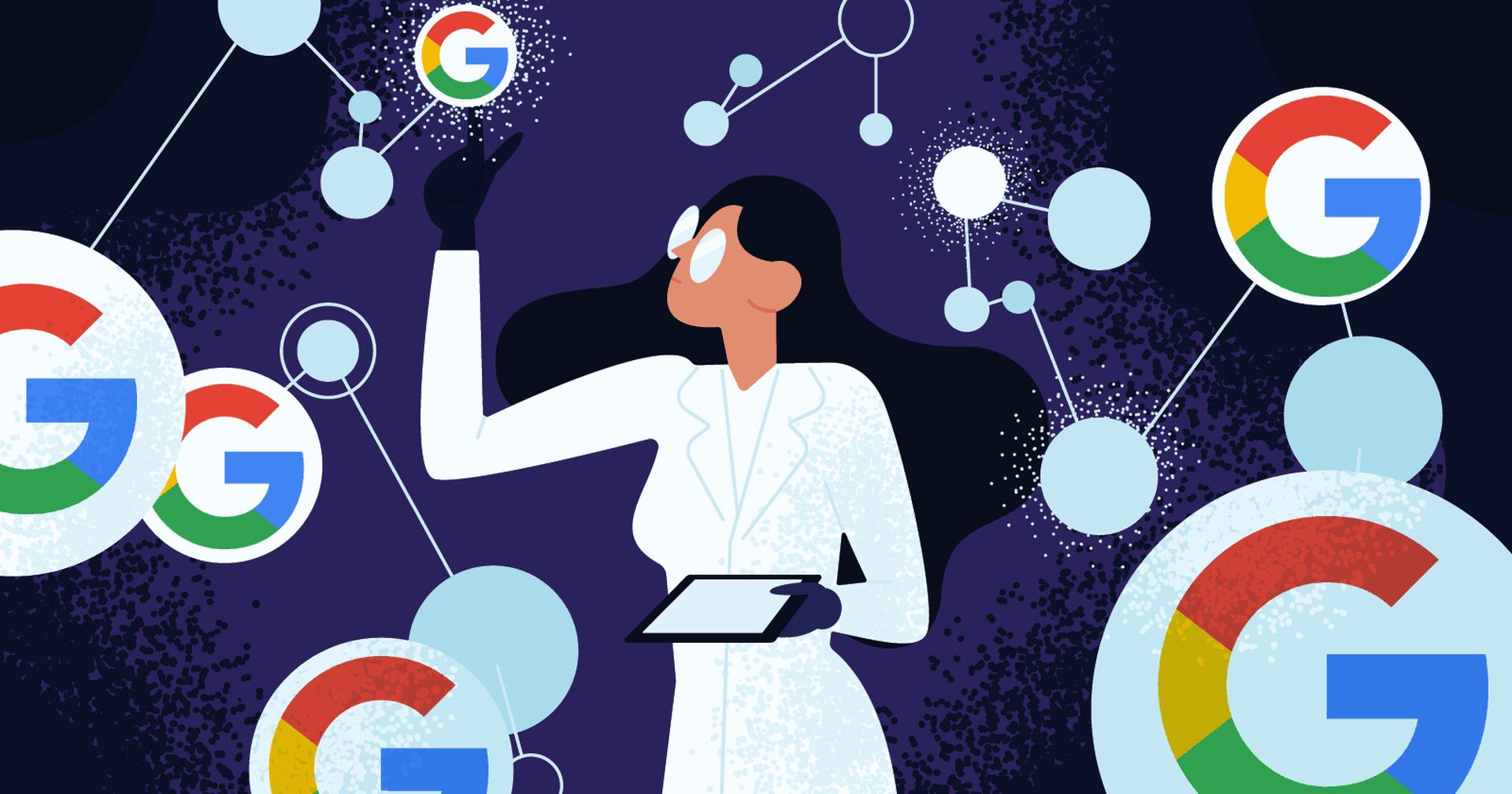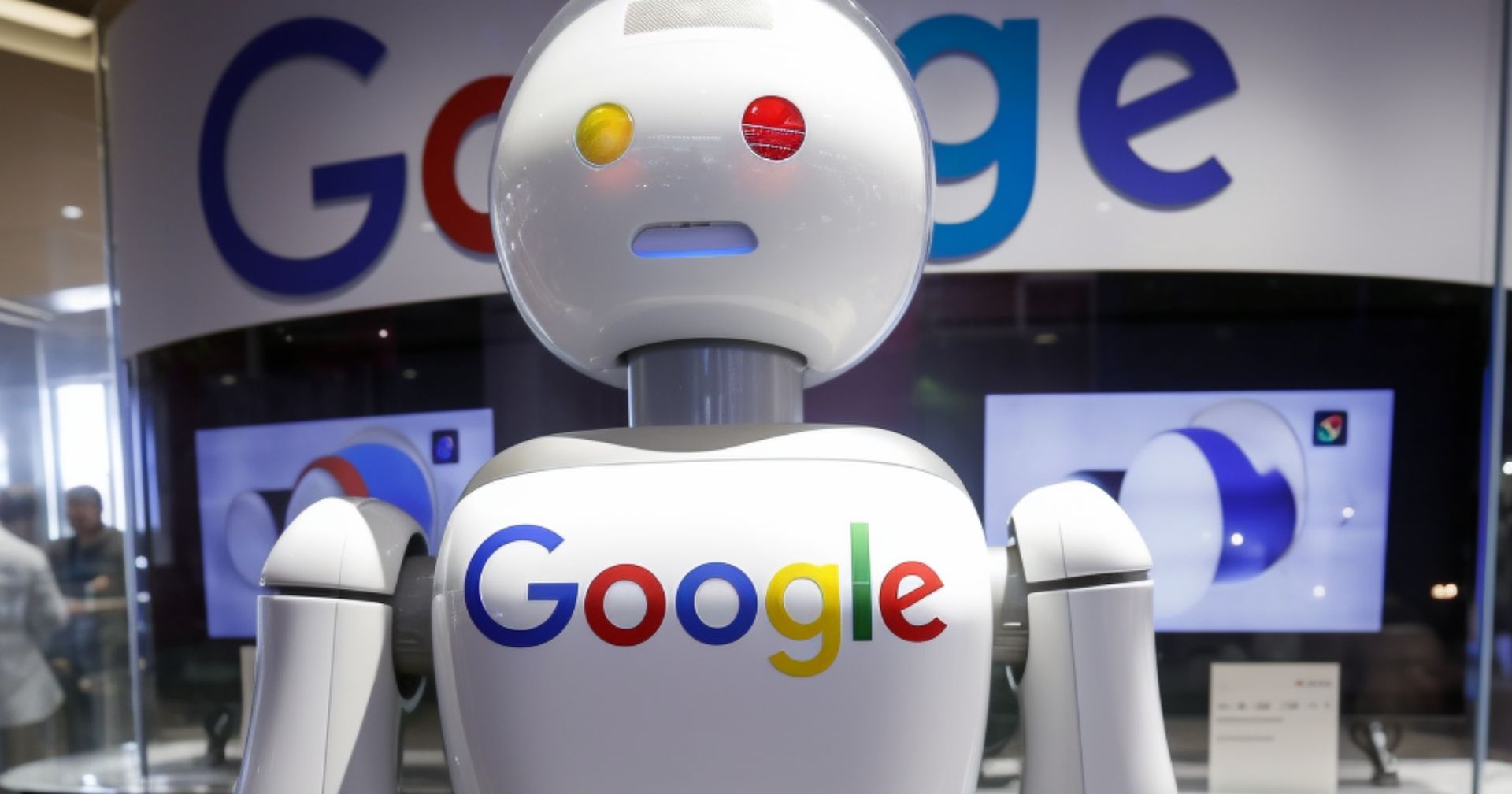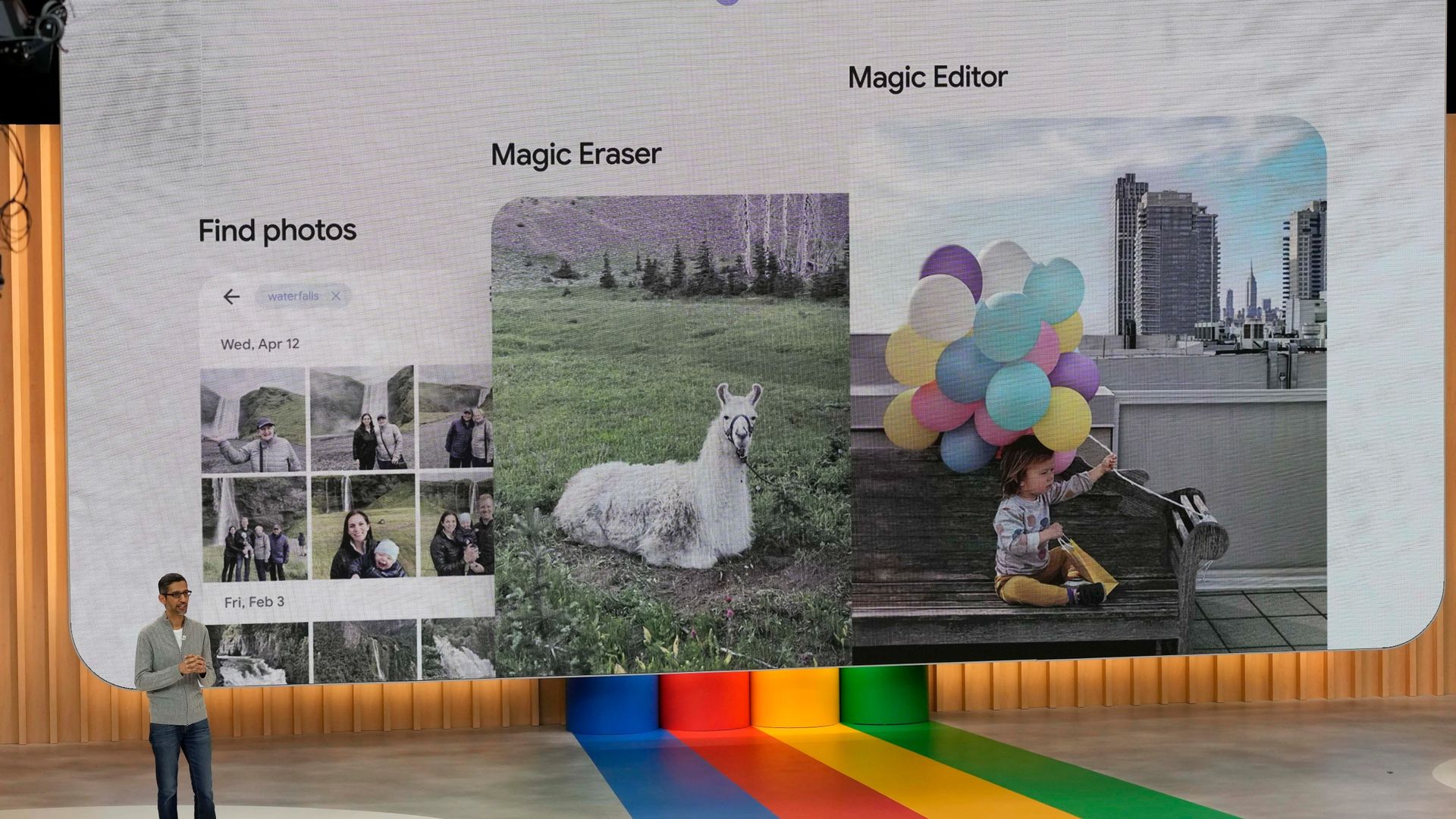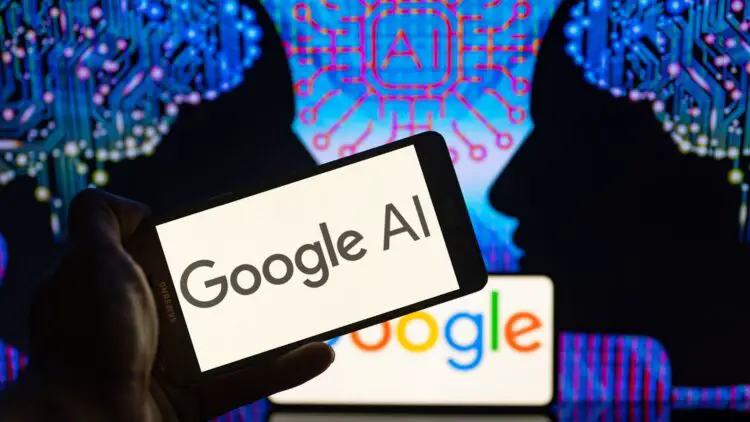If you want to know how to sign up Google AI search engine, you are in the right place. Google recently unveiled its ground-breaking Search Generative Experience (SGE), a cutting-edge search engine combined with artificial intelligence, in a move that directly targets rivals like Bing AI and ChatGPT.
The internet giant announced this experimental trial of Google Search in a blog post on Thursday, bragging about its integration of AI-generated replies right into search results. Instead of using the standard structure of showing blue links, SGE makes use of AI to provide customers with fresh solutions immediately on the Google Search homepage.
In using massive language models to improve the search experience, Google now joins the ranks of OpenAI’s ChatGPT.

How to sign up Google AI search engine?
Here are the measures you must follow to join the waitlist if you’re keen to join Google’s SGE and the ground-breaking Search Labs:
- Start your computer’s Chrome browser.
- Open your Google account and log in.
- Launch a new tab in your web browser.
- To see whether Labs is accessible to you, look for the Labs icon (seen as a beaker) in the upper right corner.
- Select “Join Waitlist” after clicking the Labs symbol if it is there.
- You will get an email when Labs are made accessible.
Interested users must join Google’s Search Labs in order to access SGE at this time. If you’re not already a member of Google Search Labs, go here to see Google’s instructions on how to sign up.
It is crucial to remember that Search Labs only accepts a small number of participants from the United States and only in English at this time.
SGE is a component of Search Labs and offers test versions of services like Add to Sheets, which lets users immediately import information from Search into Google Sheets, and Code Tips, which provides coding recommendations right in Search.

In order to use SGE at this time, Google requests that you accept its privacy notice and refrain from providing any sensitive or private information that “can be used to identify you or others in your interactions with SGE features.” This is due to the fact that, as part of this test, certain data will be examined by humans, even though it will be “stored in a manner that is not associated with your Google account.” Through the My Activity tab, interactions may be deleted.
Google also mentions the dangers of generative AI and notes that results may not be accurate. This is probably alluding to “hallucinations,” an issue with generative AI where it may blatantly claim something is correct when it isn’t. Google advises against using generative AI for professional services such as health care, law, finance, or other related fields.
Google AI search engine was announced during Google I/O 2023
During Google I/O, the prestigious annual developer’s conference sponsored by the search giant, the importance of AI was highlighted. Over 140 times in a two-hour lecture, the phrase “AI” was used, highlighting its crucial influence on the direction of technology.
The vice president of engineering at Google, Cathy Edwards, emphasized the drawbacks of conventional Google Search, where users must manually deconstruct complicated searches, visit several pages, and combine the data to create their own solutions.

With SGE, artificial intelligence (AI) takes the lead and automates these procedures by managing the complex aspects of search. Users may depend on AI to easily manage these cognitive demands by adding SGE into their search routine, resulting in a smooth and effective search experience.
Click here to learn Everything about Google I/O highlights.





